1, July 2019
Africa Should Not Fail Cameroon 0
The United Nations Security Council, after more than two years of neglect, is finally giving some attention to Cameroon’s deteriorating human rights situation. The three African members of the global body – Côte d’Ivoire, South Africa and Equatorial Guinea – shouldn’t miss the chance to add Cameroon’s worsening crisis to the Council’s agenda.
Over the past three years, Cameroon has been embroiled in a cycle of civil protest, followed by government repression, and violence that threatens to escalate into an all-out human rights catastrophe. A wider conflict could destabilize an already volatile region – Cameroon, which has been waging a war against Boko Haram insurgents in its Far North region, borders the Central African Republic, Republic of Congo, Chad, Nigeria, Gabon and Equatorial Guinea.
Cameroon’s separatist crisis began in October 2016, when students, teachers and lawyers from the minority English-speaking regions took to the streets to demand greater recognition of their cultural and political rights. The ruthless response of the security forces, who killed and arbitrarily arrested peaceful protesters, as well as of the government, which banned civil society groups and shut down the internet, escalated the crisis.
Since then, numerous separatist groups have emerged and taken up arms calling for the independence of the Anglophone regions, which they call “Ambazonia.” These groups have killed, kidnapped, and tortured perceived opponents, while enforcing a boycott of education, which has kept children and their teachers out of school for over two years in the Northwest and Southwest regions.
The government has responded with violence, burning hundreds of homes, killing civilians, and detaining and torturing alleged separatists in a gendarme-run prison in the capital, Yaoundé. The crisis has displaced half a million Cameroonians, many of whom desperately need protection and humanitarian assistance.
As Cameroon has spiraled into violence, the African Union, the continent-wide body that aspires to promote “African Solutions to African Problems,” has refused to confront or acknowledge the problem.
The UN Security Council hasn’t done much better, failing to issue any statement about the serious human rights abuses by both the government forces and the armed separatists, or to warn both sides about the consequences.
There are signs, however, that the UN might take more robust action. Last month, the United States, with the support of Germany, the Dominican Republic and the United Kingdom, organized an informal session of the Security Council to help put the situation in Cameroon on its members’ radar.
This was a worthy effort, but the event was an informal side event and only focused on the humanitarian situation. Fierce resistance from the Council’s African members, wary of Western-led interventions on the continent, almost derailed the effort. The African Union’s permanent representative to the Security Council didn’t even attend the session.
Non-Western states uncomfortable about Western countries taking the lead on an African crisis should join forces to get Cameroon on the Council’s agenda. There is no better way to mobilize the fractious Security Council to address the crisis in Cameroon than for its African members to demonstrate leadership and demand vigorous action.
Equatorial Guinea is unlikely to rise to the challenge. As a country knee-deep in human rights violations, it has ample reason to defend the self-serving idea that what happens inside the border of a state, no matter how egregious for rights or threatening to security, is its own business.
South Africa’s long struggle against apartheid was helped by international solidarity, including the active support of the UN Security Council. In recent years, however, successive South African presidents have pushed back against international pressure seeking to address serious and widespread human rights abuses in countries such as Zimbabwe, Sudan, and, until recently, Myanmar. The newly elected president, Cyril Ramaphosa, has promised to promote, “democracy, justice, human rights, and good governance” at the UN, and the Cameroon crisis would be a good place to start.
The best hope, though, may be Côte d’Ivoire, whose brutal 2010-11 post-election crisis was resolved with AU and Security Council support. President Alassane Ouattara, when campaigning in 2016 for his country to join the UN Security Council, said that it, “must be the principal organ in which courageous decisions are taken, to save people and states from conflicts and wars, with the suffering and distress that they bring.”
Côte d’Ivoire finishes its term on the UN Security Council at the end of 2019. Although its voting record is far from perfect, President Ouattara’s government has shown some leadership on human rights issues. Côte d’Ivoire broke with other African states to initiate an arms embargo on South Sudan, although on May 30 it abstained on a resolution reauthorizing the ban.
Supporting action on Cameroon, by formally placing the Anglophone crisis on the Council’s agenda and addressing the serious human rights abuses, would strengthen Côte d’Ivoire’s legacy as a supporter of human rights defenders and conflict resolution. It would also demonstrate that African governments can have the courage and conviction to address pressing crises on the continent.
Source: Human Rights Watch
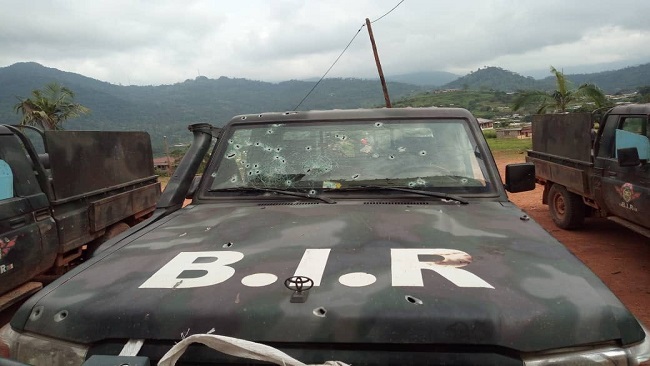

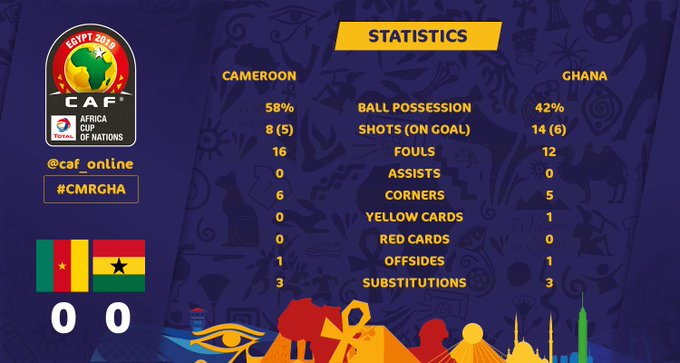
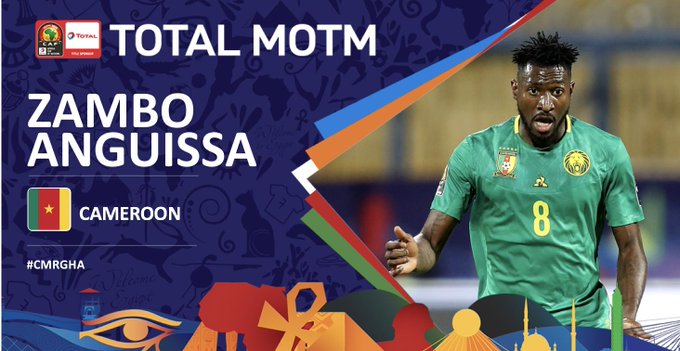
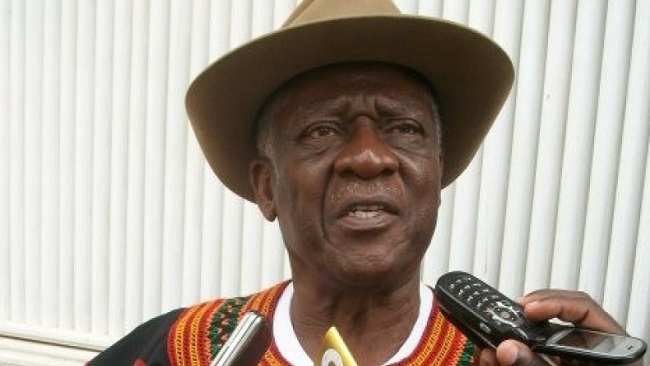




















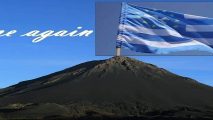





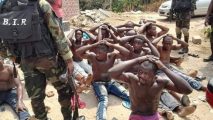

1, July 2019
Vice President Yerima, Hon. Wirba come out for SCNC rally in London 0
London was decorated in the blue and white colours of Southern Cameroons. It was the Southern Cameroon National Council convention that held on Saturday the 29th of June 2019. The SCNC Convention in London moved from a very successful Conference earlier in East London to a fundraiser in the Northof town. The sense of pride on the faces of the organisers and attendees was valiant. The chairman of SCNC UK, Mr Robert Tamanji, gave a strong welcome talk honouring Pah Njoh Litumbe, Fon Gorji Dinka and Nfor Ngala Nfor. These greats of the SCNC will never be forgotten he said. For his part, Dabney Yerima, the Vice President of the Federal Republic of Ambazonia who is also moonlighting as the acting Secretary General of SCNC spoke of the SCNC’s role in Southern Cameroon’s quest for freedom and independence through peaceful nonviolence action.
Also at the London SCNC event, was the much respected Hon Wirba Joseph of the Social Democratic Front. Wirba recounted his first meeting with some great SCNC pioneers over thirty years ago. He called on Ambazonians to pay respect to the true and brave heroes of Africa’s newest nation who have shed and continue to shed their blood for the freedom of the homeland. Wirba tempered undue excitement and cautioned that for the Ambazonia struggle to succeed; its foundation has to be based on the truth. Wirba referred to La Republique du Cameroun as the Evil Republic and explained that the actions of La Republique in their brutality over the last three years has left Southern Cameroonians with no choice but to make sure that Ambazonia becomes a reality. He observed that, the statement from French Cameroun President Paul Biya and his gang that Cameroun is one and indivisible remains an inaccurate stereotype.
Joseph Wirba indicted the Southern Cameroons diaspora for the disconnect with Ground Zero. As his audience celebrated his words and energy, he moved another gear into re-counting a series of conversations he had with the disgraced chairman of the Imaginary Restoration Council, Elvis Kometa. “Elvis Kometa called me to say he was under pressure to impeach President Sissiku Ayuk Tabe” he revealed. “I counselled Kometa against the decision and I told him that if the pressure becomes unbearable, he should resign as chairman of this ‘Imaginary Restoration Council’.
Wirba castigated the diaspora for creating imaginary political offices and attaching importance to positions thereby disremembering the reasons for the struggle. He said, in a revolution ‘if the enemy takes a brother or a sister, that person becomes a Saint’. The SCNC delegates were unanimous in their decision that rallying behind the ‘Saints in Kondengui’ as the focal point of the revolution is the only way forward. Calls for Hon Wirba to play a more active role in piloting the revolution were loud and clear. His next move in this struggle is eagerly anticipated.
Asu Isong London